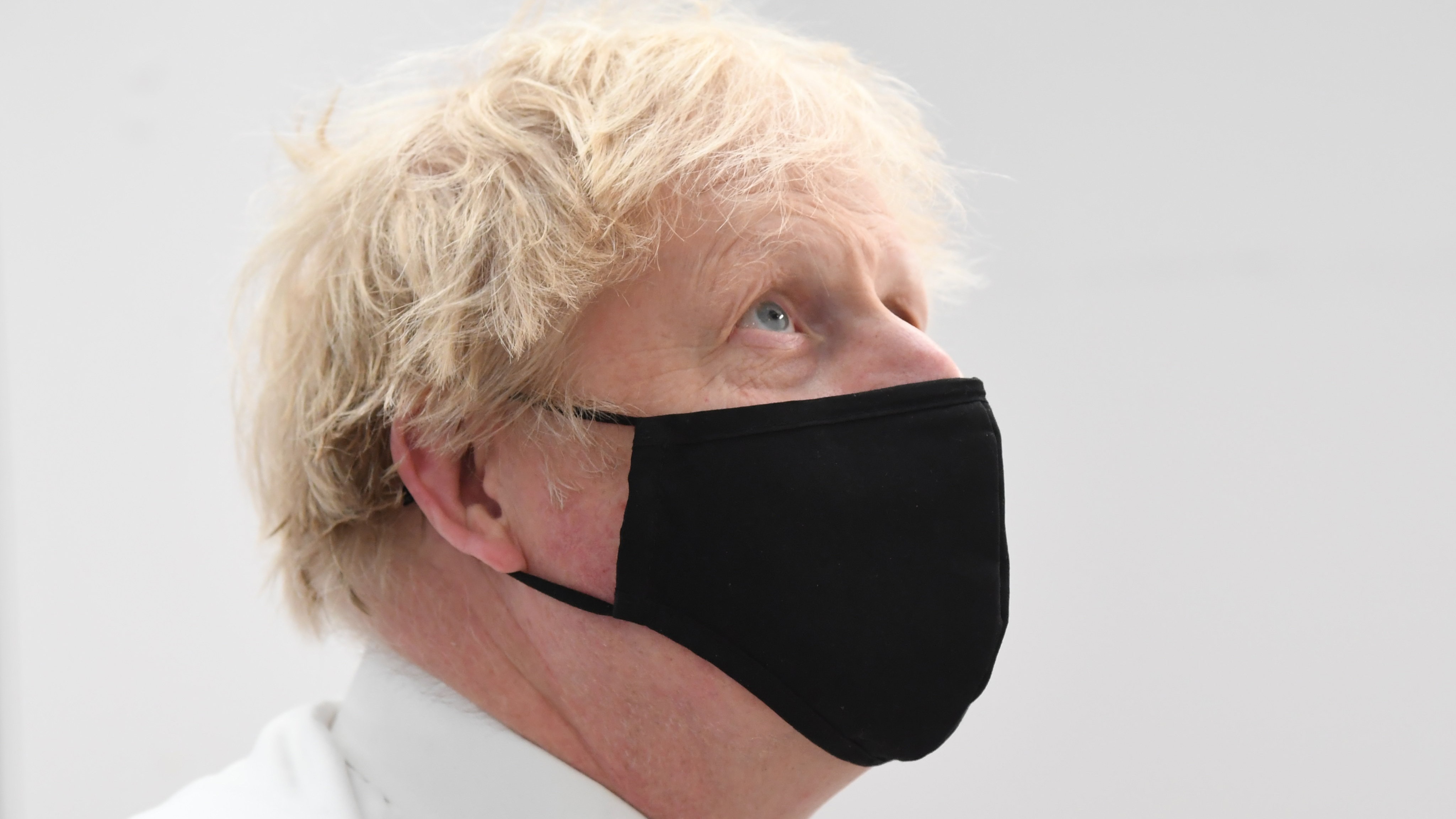What is likely to change on 21 June?
The government hopes to lift ‘all legal limits of social contact’ in less than a month

A free daily email with the biggest news stories of the day – and the best features from TheWeek.com
You are now subscribed
Your newsletter sign-up was successful
Lockdown restrictions are set to be eased yet further on 21 June as ministers aim to keep to the government roadmap on emerging from the Covid-19 pandemic.
The fourth step in the plan should go ahead next month, provided hospitalisations, deaths and infection rates remain low, although local lockdowns have not yet been ruled out to combat the Indian variant.
Despite fears over the spread of the variant, a spokesperson for Boris Johnson has said that ministers wanted to “stick to the approach” set out in the government’s roadmap out of lockdown, reports The Telegraph.
The Week
Escape your echo chamber. Get the facts behind the news, plus analysis from multiple perspectives.

Sign up for The Week's Free Newsletters
From our morning news briefing to a weekly Good News Newsletter, get the best of The Week delivered directly to your inbox.
From our morning news briefing to a weekly Good News Newsletter, get the best of The Week delivered directly to your inbox.
And thankfully there are signs that the growth in the Indian variant may be “levelling off”, reports The Times. Jenny Harries, chief executive of the UK Health Security Agency, said she was “increasingly confident” existing vaccines work well against the mutation.
Johnson is likely to give a press conference on 14 June confirming the plans will go ahead, although some reports suggest this may be delayed. All being well, however, here are the changes to lockdown restrictions you can expect in England.
Working from home
Johnson has told the House of Commons it was his “intention” to end the work from home guidance from 21 June, says Sky News.
A free daily email with the biggest news stories of the day – and the best features from TheWeek.com
With workers returning to the office, the government hopes to give towns and city centres a much-needed boost, with Johnson adding the “dynamism” of London and “our great cities” depends on people having the “confidence to go to work”.
Those keen to continue working remotely, however, won’t be put under pressure to return to the office, with Johnson telling The Telegraph that people can “exercise their own judgement” on whether to return to the office.
“At the moment, I’m feeling very positive about it, but we’ve got to be guided by the data,” he said.
Chief scientific adviser Sir Patrick Vallance has also reportedly warned Johnson not to encourage people back to the office too quickly and suggested working from home could continue until the winter.
Face coverings
It’s less certain that the use of facemasks will be dropped entirely and their use is likely to remain in place in some limited public settings.
According to The Sun, the National Economy Recovery Taskforce – a cabinet committee charged with rebuilding the economy post-pandemic and headed by Johnson and Rishi Sunak – favours a “maximalist” approach to lifting “non-pharmaceutical interventions” like masks and social distancing.
“The current thinking points to social distancing going and mask-wearing only in limited settings like buses, trains and the Tube,” an insider told the paper.
“Obviously this is all dependent on final sign-off but the data is looking good and the political will is there for a proper lift-off.”
But Vallance has also urged caution on scrapping mask requirements on 21 June, suggesting the need to wear masks “in certain places” could remain in place until the winter.
“It’s more likely to be that we wear masks in certain places, that we are continuing with hand washing, making sure that we are sensible about the way in which we interact with people in indoor environments,” he said.
“I’d be very surprised if we go in year on year with needing to do things more than that, but this coming winter I think we need to wait and see how far we get on with the current reduction in numbers that needs to occur.”
Social distancing and socialising in groups
The government hopes to remove “all legal limits of social contact” from 21 June, meaning there will no longer be any restrictions in place over how many people you can meet, whether outdoors or inside.
Under current rules, people can meet in groups of six or two households in indoor areas, or meet in groups of up to 30 outdoors. Overnight visits have also been allowed since some restrictions were lifted on 17 May.
During a visit to Hartlepool at the beginning of May, Johnson also said there was a “good chance” the one-metre-plus social distancing rules could be scrapped from June, says ITV News.
The move would be “dependent on data” he stressed, but added: "That’s what it feels like to me right now."
Nightclubs
Nightclubs and music venues have been hit particularly hard by Covid-19 restrictions, with most venues unable to open for more than 15 months.
But they are now set to reopen from 21 June – subject to the results of pilot schemes that have been taking place throughout the spring and summer.
In April, 6,000 people partied in a warehouse in Liverpool as part of a trial to see how nightlife venues could reopen this June, and this year’s Brit Awards hosted a live, non-socially-distant crowd as part of the government scheme.